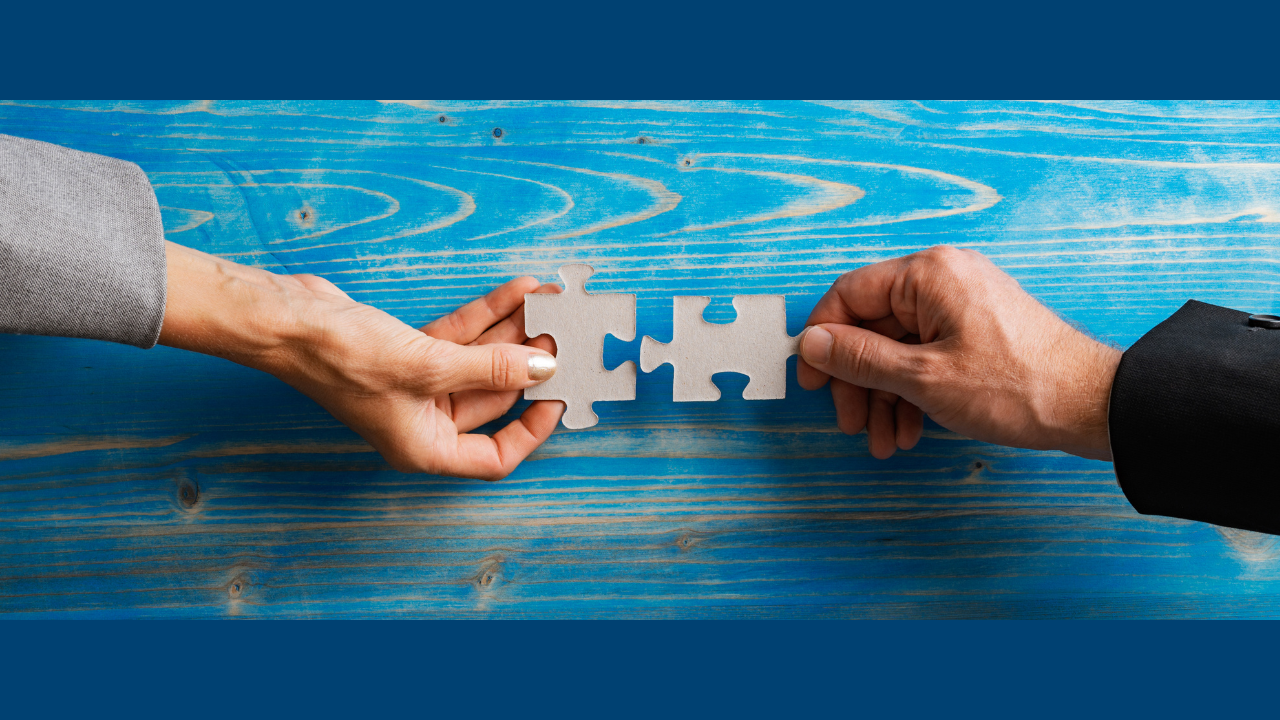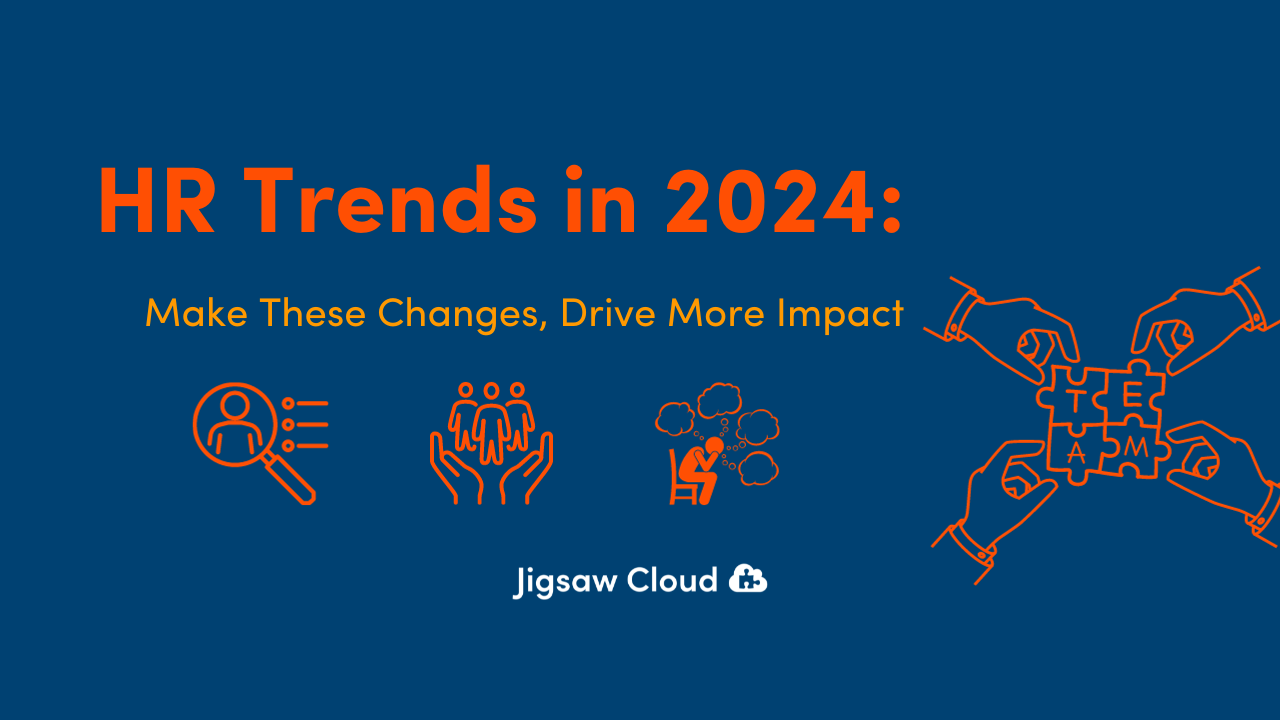
Focusing on your business knowing that your critical data is safe and reliable is of the upmost importance. With the fast-evolving digitization of business processes security must be a main research point before you select a HR system. Even with evolving developments in technology, leaving data more secure than ever before, breaches and hacking are not impossible.
HR software companies must take data security seriously. They are required to cover all aspects possible when it comes to data security from technical to physical operations. In this blog, I have rounded up the top security questions you need to be asking when considering a new system:
1. How are the data centres physically secured?
Data security is imperative within the network not just digitally, but also physically. HR software companies need to ensure safety and accessibility to people data through using modern technology to achieve the highest standards of security.
Data centres are built specifically to ensure safety. Before you select a system, your company should learn about the exterior structure of the buildings. How thick are the walls? What material has been used to design them? What is the frame design of the server rooms? In addition, question how the data centres are powered and who operates that power.
It is important for you to know how the data centre is protected against a potential fire breakout – whether smoke detectors, preliminarily alarms and cooling systems have been put into place. The data needs to remain cool as all electronic components contain heat, which could lead to a decrease in efficiency of the processor.
When selecting an HR system, make sure you are aware of who has access to your data. Access to the data centre ought to be limited to a few individuals, which can be enforced through single person access and mantrap systems.
2. How is the data applied to the system?
Whether data is stored on premises or via the cloud, it is for you to determine the security impact these solutions have on your landscape.
Does the cloud platform use a secure multitenancy architecture? Multi-tenancy is an architecture in which a single instance of software serves multipletenants. This means you don’t have the concerns and associated risks of sharing your database with other customers or competitors.
3. What is the difference between cloud security and on-premises security?
I can assure you that the security standards provided by HR software businesses for both on-premise and cloud software are required to be very strict.Cloud security standards are surpassing traditional on-premise security standards, though key security concerns remain the same for both.
Ensure that you learn about the advantages for each security type. Running on a software-defined infrastructure, cloud solutions allow you to implement security measures on a larger scale if you map your existing security controls to those provided in the cloud.
Another advantage of using the cloud, is the increased ability in addressing security concerns and the reduced cost for researching, developing, and deploying updated security features.
4. What has been done to prevent people’s data being lost or hacked?
Your employee data is at constant risk of being breached or hacked into, so question how the HR system is protecting your people data. You need to ask what procedures and systems have been put into place if an attacker was successful at attaining your data.
Infrastructure controls at a cloud service providers site are key for maintaining high security for cloud-based software solutions. HR systems must use considerable measures to ensure that your people data cannot be lost or hacked – this includes encryption, data replication, multiple and redundant backups, off-site archival, and the employment of strict data privacy standards.
Does the HR business frequently scan all public cloud systems and all Internet facing systems, including web application servers, load-balancers and firewalls? Has safe penetration testing been implemented regularly? This is to check the cybersecurity strength of the cloud infrastructure.
5. Is the system compliant with international standards and GDPR?
Before choosing an HR system, check that it complies with all international standards and the General Data Protection Regulation (GDPR). GDPR introduces a general data breach-reporting obligation.
HR software companies, now and in the future, are required to be entirely committed to complying with all relevant international standards and legalisations. These laws not only include following GDPR rules but other legalisations such as the Japan Social Security and Tax Number regulation, the Argentina Personal Data Protection Act and Canadian privacy laws.
What are your main security concerns when purchasing a new HR System? Do you have any other suggestions? Let me know below in the comments or book yourself a FREE consultation with any security questions you may have to discover how Jigsaw Cloud can help you.
Click below to discover how SAP SuccessFactors can improve the security of your HR system and people data:


